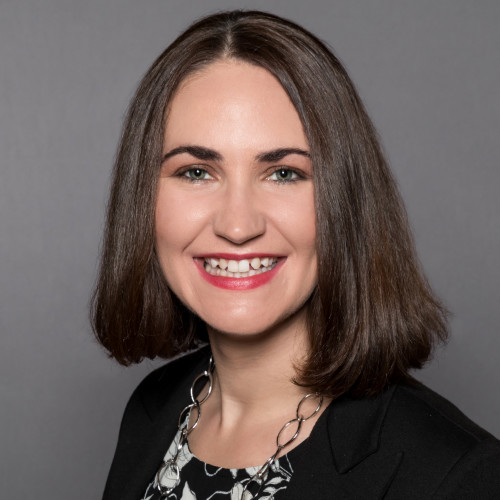As healthcare spending continues to grow uncontrollably, prior authorization is an important means for containing costs and ensuring medical necessity of procedures and treatments. According to a 2019 JAMA study, approximately 25percent of healthcare spending may be considered waste. Prior authorization helps rein in costs, but 88 percent of physicians report a high administrative burden for processing authorization requests. This session will focus on how a payer and provider partnered to launch a new data exchange framework to make prior authorization faster, simpler and less burdensome, and their results from year one. Implemented in October 2022, the first-of-its-kind FHIR®-powered prior authorization enabled providers to complete prior authorization requests within their native EHR system. It also brought automation to the process, saving providers time from manual data re-entry. The new workflow sped up prior authorization decision turnaround time from days to seconds. Working in close collaboration, the payer and provider leveraged open-source FHIR® API standards to embed prior authorization within the clinical workflow and will share their lessons learned since the implementation, results from its first year in production, and how the workflow can be applied to other providers and payers.
Presenters:
- Anna Taylor - Vice President, Value Base Care and Population Health Management @ MultiCare
- Heidi Kriz - Director, Medical Policy and Medical Management @ Regence
- Srihari Muthyala - Director, Technology @ Regence














